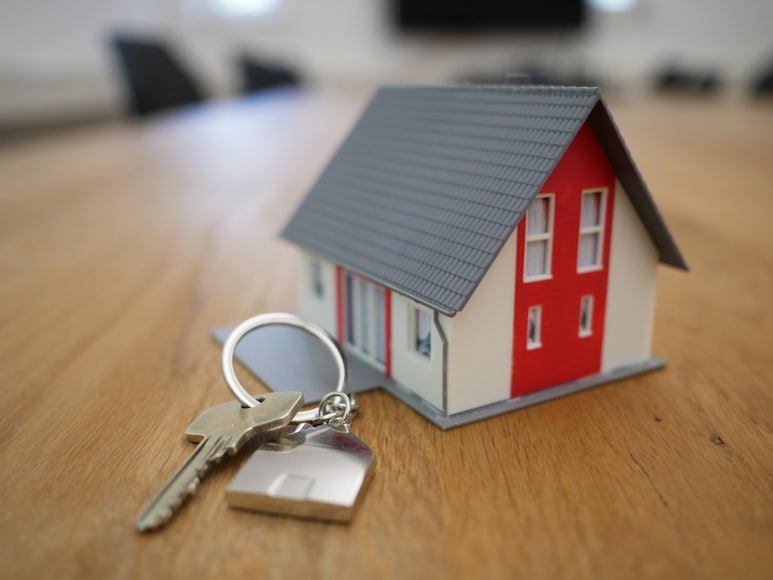
Predicting issues before they arise is half the battle of selling a house. Selling a home is a huge life milestone and can be challenging when you consider all the steps involved, such as preparing and marketing your property, making repairs, finding a buyer, navigating the closing process, and finally moving into your new address.
Many leaders in Toronto real estate agree that making mistakes during the sale of your home can have an adverse effect on your finances and, more importantly, your well-being and stress when funds are necessary to make a smooth moving period.
You should steer clear of the following typical errors while selling a house:
Underestimating Selling Expenses
The 5% in agent commissions that most consumers anticipate paying can be a tiny portion of the total cost of selling a house. The selling costs can be closer than 10% of the sale price when you consider closing costs and other concessions to the buyer.
For instance, if you buy a new house before you sell your old one, you might need to rent a place to live in the interim or pay for two mortgages in addition to other carrying costs like utilities, taxes, and storage. To minimize these charges, find out more about selling your house for cash.
By being aware of this information before listing your home, you can make the best-selling decision and determine how much you can expect to pay for your future home.
Using an Inflated Pricing
Your desired price and what the market will bear may differ significantly. If both the buyer and seller have a reasonable understanding of the property and neither is under any pressure to buy or sell, the term “fair market value” may describe how a residence is appraised.
It strikes a balance for the vendor between asking too much and too little. If you can’t find the sweet spot, you run the danger of losing money or having your house linger on the market for longer, which could have negative effects.
Based on nearby sales of properties with comparable sizes and features, you may get an idea of the potential value of your home. Many real estate agents utilize these comparable sales, often known as “comps,” to recommend a listing price. The difficulty is that no two comparisons are identical; therefore, in order to be correct, you would need to take into consideration each variation in-home features. It’s really challenging to do this manually and is frequently referred to as making modifications.
Putting Off Necessary Repairs
An extensive list of maintenance problems may deter potential purchasers and lower your home’s value. More significantly, purchasers anticipate that your home will be in the same condition as described. Prioritize the most obvious problems, especially those that will probably be discovered during a home inspection, because many buyers will demand one before closing.
Look for objects that are damaged, worn out, or that could compromise the home’s construction, functionality, or safety when doing home inspections. As you evaluate each room in your house as you get it ready to sell, think about creating a maintenance and repair checklist.

